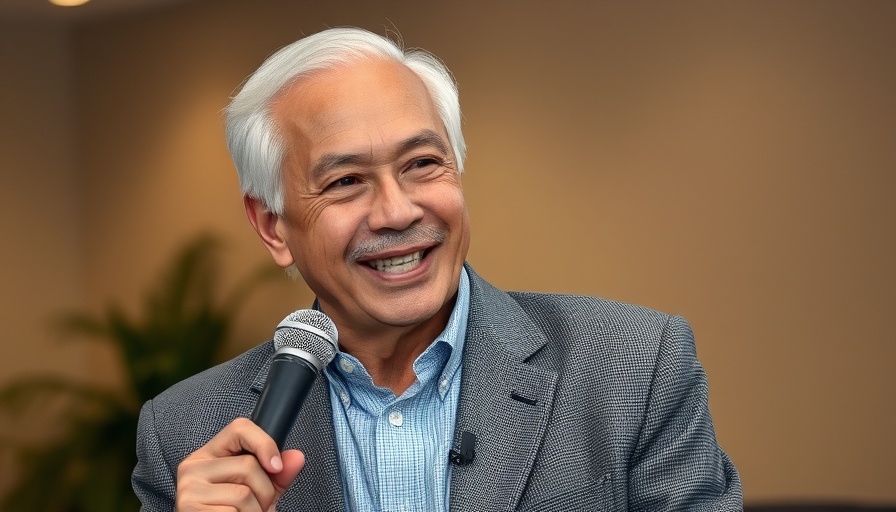
The Relationship Between Paul and Timothy: A Historical Context
Timothy, a key figure in the early church, is often referred to as the 'child' of Paul. This term signifies not just a mentor-mentee relationship but also a profound spiritual connection rooted in faith and discipleship. To understand how Timothy became a 'child' of Paul, we must first delve into their historical context. Paul, formerly a persecutor of Christians, underwent a transformative experience that led him to become one of Christianity's most prominent apostles. During his missionary journeys, he encountered Timothy in Lystra, where Timothy’s sincere faith caught Paul’s attention, setting the groundwork for their spiritual father-son dynamic.
The Role of Faith in Timothy’s Upbringing
Timothy's mother, Eunice, and his grandmother, Lois, played a pivotal role in grooming his faith from a young age, emphasizing the importance of familial influence on spiritual growth. 2 Timothy 1:5 highlights Paul’s recognition of Timothy’s faith as genuine, a faith passed down through generations. This familial legacy of faith underscores how relationships shape our beliefs and spiritual journeys, reminding us that the foundation of faith is often laid in our homes.
Discipleship: The Key to Becoming a ‘Child of Paul’
Timothy’s progression from a young believer to Paul’s confidant exemplifies the essence of discipleship in Christian living. Paul’s mentoring involved teaching, guiding, and entrusting Timothy with significant responsibilities. Timothy accompanied Paul on various missions, learning firsthand about church planting, spiritual leadership, and the complexities of early Christian living. This kind of discipleship, characterized by shared experiences and mentorship, is essential for anyone wishing to grow deeply in their faith.
Counterarguments: The Value of Individual Faith
While it is easy to see Timothy's relationship with Paul as a template for spiritual growth, it’s important to address potential counterarguments. Some might argue that personal faith cannot be solely tied to mentorship or familial influence; rather, it is an innate journey of individual discovery. This poses an essential perspective: each person’s faith journey is unique and influenced by a myriad of experiences. However, Timothy's life suggests that mentorship can greatly enhance one's understanding and practice of faith.
Practical Tips for Appling Paul’s Mentoring Principles Today
How can we replicate the mentor-mentee relationship that Paul and Timothy shared within our communities today? Here are some practical steps:
Seek Mentorship: Actively pursue spiritual mentors who can guide you, much like Paul did for Timothy.
Be a Mentor: Look for opportunities to mentor others. Your experiences may greatly benefit those on their faith journey.
Engage in Community: Join groups such as Bible studies or church activities where mentorship can naturally occur.
These steps not only reflect the biblical model but also foster a community that nurtures spiritual growth.
Conclusion: The Legacy of Faith Continues
The legacy of Timothy and Paul is one of profound influence that continues to resonate with Christians today. As we explore our relationships and guide those around us, we can foster meaningful spiritual growth, ensuring that the teachings of Christ are passed along through generations.
 Add Row
Add Row  Add
Add 








 Add Row
Add Row  Add
Add 

Write A Comment